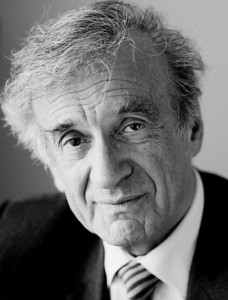Mother of Rwanda’s Orphans
Anne Elaine Heyman (1961-2014) was born in South Africa and moved to the US with her family when she was 15. After doing a year of high school in Israel, she studied at the University of Pennsylvania, and then got a law degree from Columbia University. She was soon Manhattan’s assistant district attorney, focusing on fighting white-collar crime. In 1994, she began devoting her time to philanthropic causes, first volunteering with an organization that assists the elderly, as well as Hillel, Young Judea, and the Jewish Community Centers of America. In 2005, she learned that the Rwandan genocide left over a million orphans. Inspired to make a change, she realized she could apply the same model that Israel used in caring for orphans following the Holocaust. Heyman raised $12 million and convinced the Rwandan government to give her 144 acres of land on which she built a village for orphans (called Agahozo-Shalom). To power the village, Heyman built a solar plant – one of the largest in sub-Saharan Africa – which provides electricity for the rest of Rwanda as well. To help her, she brought in Israeli Ethiopian Jews to serve as councilors and teachers. The orphans, some of whom didn’t even know their names, were given a home, an education, a trade, and a new family. They affectionately called Heyman “Mom”, “Grandmother”, and “Angel”. Over 500 teenagers continue to live and prosper in Heyman’s village today. Sadly, Heyman passed away a year ago in a tragic horse-riding accident. Her husband and children are continuing her important work.
Words of the Week
I see Israel as one of the great outposts of democracy in the world… as a marvelous example of what can be done… how desert land can be transformed into an oasis of brotherhood and democracy.
– Dr. Martin Luther King, Jr.


